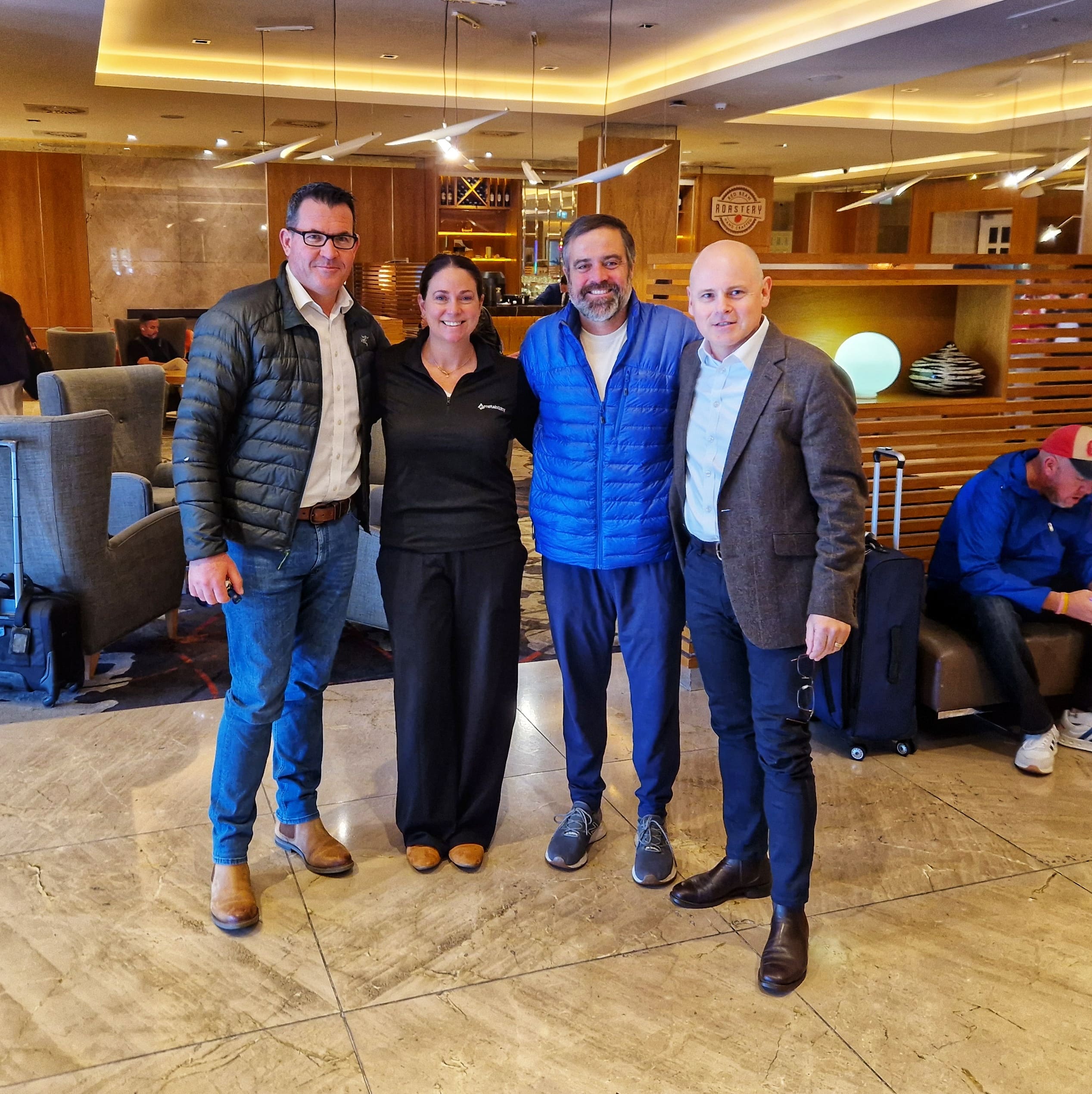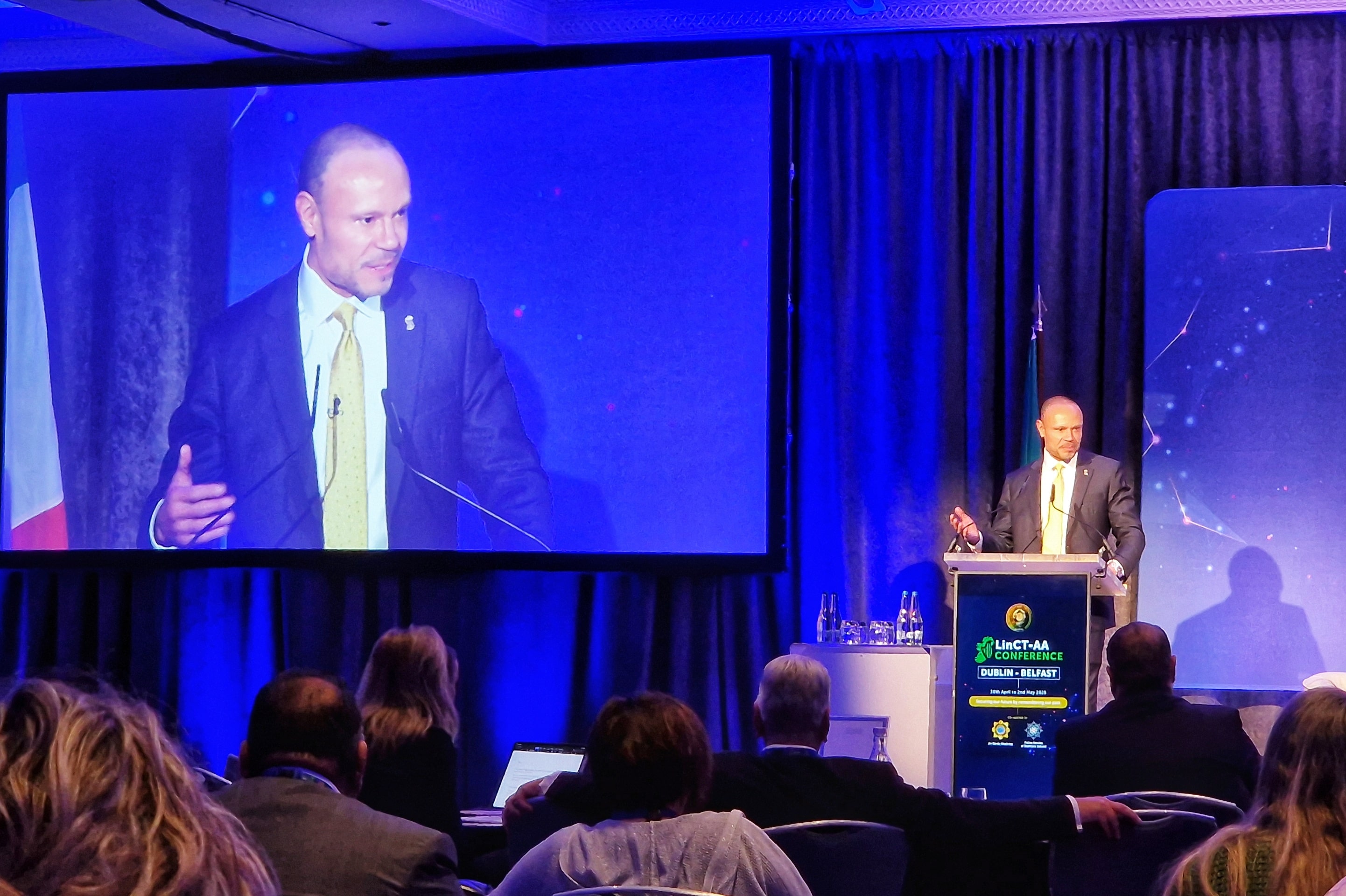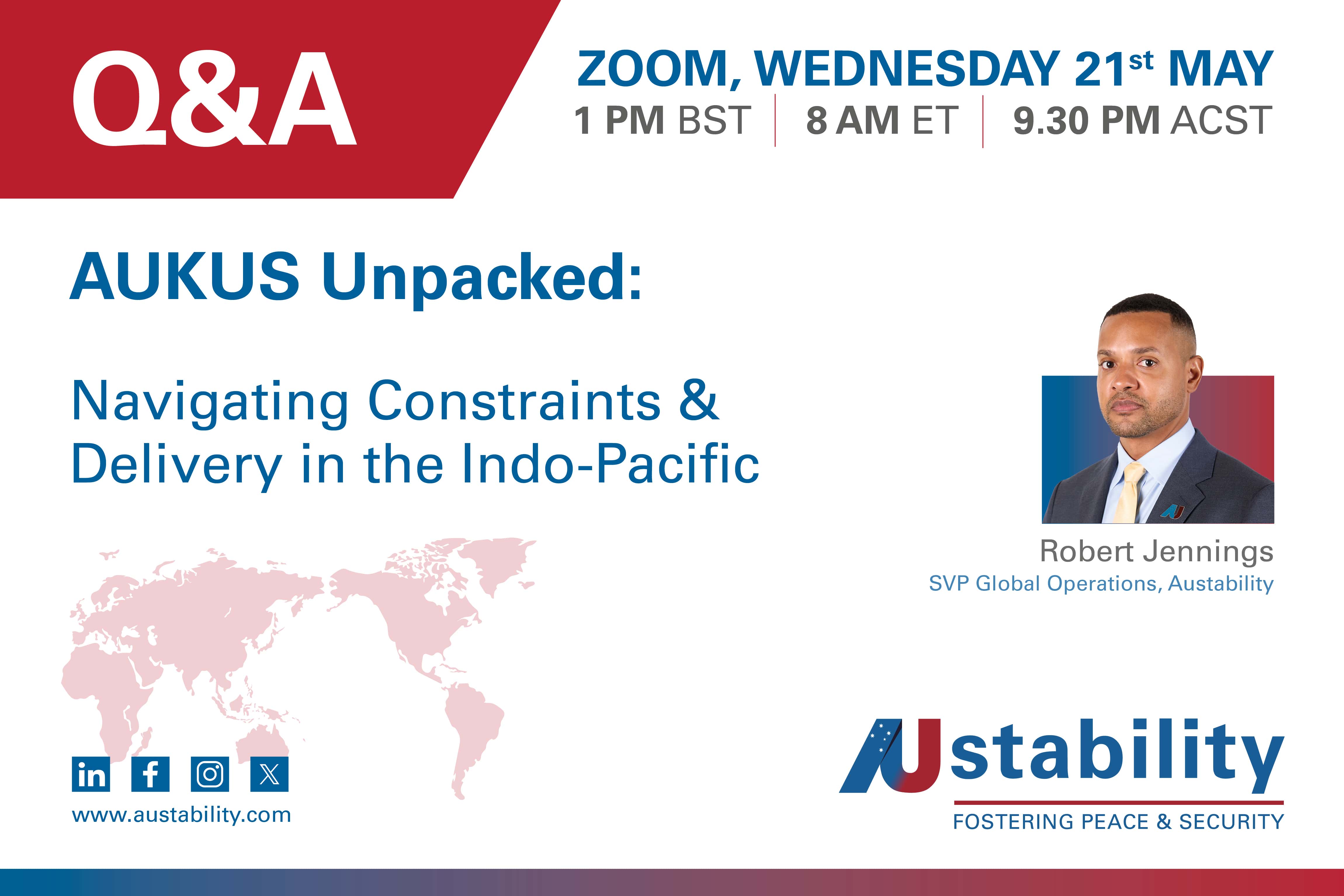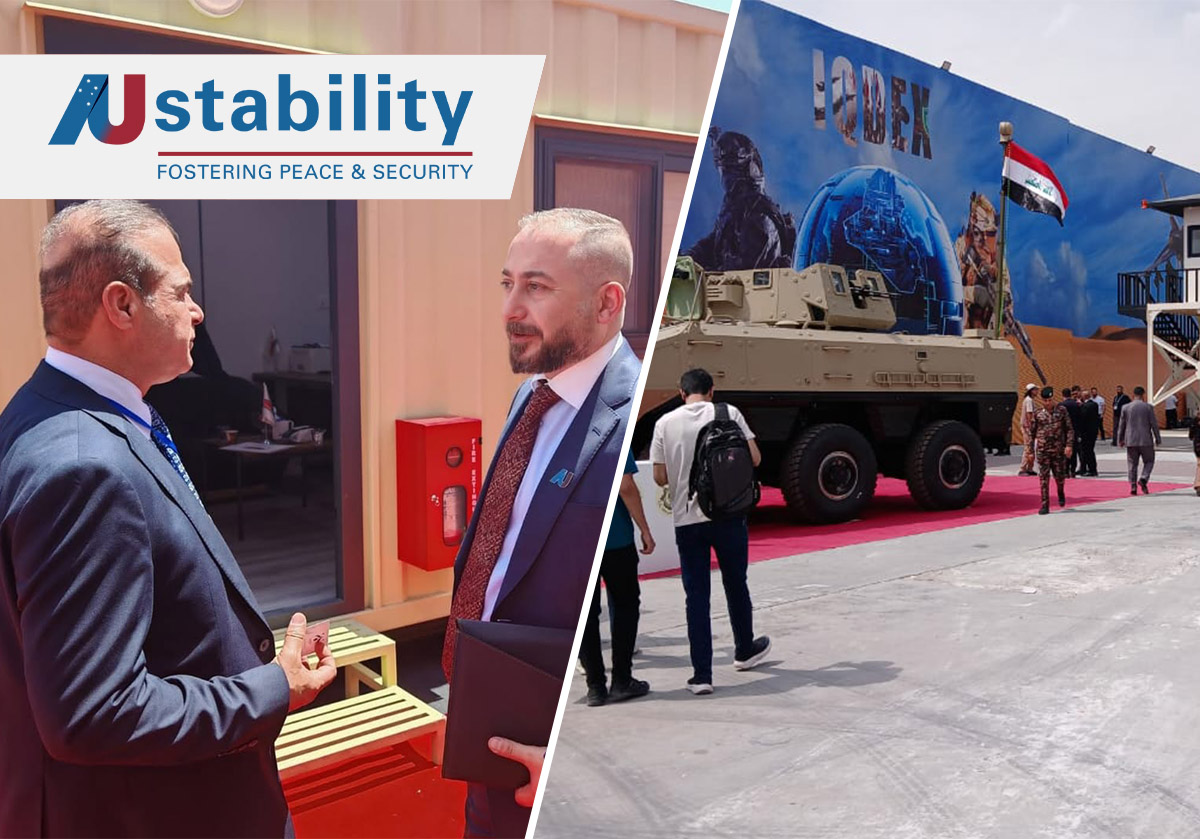Navigating modern threats in a complex world
In today's rapidly evolving security environment, it is crucial to understand the multifaceted nature of threats and the importance of collaboration. At Austability, we seek to help address these challenges, with a global mission to foster peace and security. The message out of the recent Leadership in Counter Terrorism (LinCT) conference in Dublin, is that to deliver that mission will require deep collaborative cross-border relationships and a networked approach.
By John Thompson, VP Marketing and Communications
Recent surveys indicate that up to 60% of the EU population believes the risk of war within the EU is high, reflecting a growing sense of insecurity. This doesn’t necessarily mean conflict is inevitable but it underscores the need for robust security measures and proactive engagement with international partners to mitigate potential risks.
The conference also heard that the ongoing war in Ukraine against Russia’s illegal invasion as well as high levels of illegal migration into Europe are likely to persist, posing a significant risk of violent political extremism. This situation demands vigilant monitoring and a comprehensive approach to counter-terrorism (CT) efforts.
CT threat activity is highly dynamic, encompassing a wide range of challenges:
- The digital realm has become a breeding ground for terrorist activities, necessitating enhanced online surveillance and intervention capabilities.
- While essential for privacy, encryption also poses challenges for security agencies in intercepting and decoding terrorist communications.
- The evolving nature of terrorism, traditionally driven by ideology, now includes acts justified post-factum, complicating the identification and classification of terrorist acts.
- There is increasing pressure to label acts of violence as terrorism, which can influence public perception and policy decisions.
- Alarmingly, children as young as 13 and 14 are being radicalized, representing the fastest-growing age group in this context.
- The COVID-19 pandemic has exacerbated social intolerance and reduced trust in government and institutions, further complicating CT efforts.
We are witnessing a simultaneous elevation of various threats:
- Domestic terrorism remains a significant concern.
- The internet facilitates the rapid spread of extremist ideologies and recruitment.
- Countries like Iran and Russia continue to pose state-level threats, requiring coordinated international responses.
Terrorist groups often justify their acts after the fact, rather than being driven by a specific ideology. This trend complicates efforts to pre-emptively identify and prevent terrorist activities. Moreover, successful acts of terrorism significantly bolster recruitment campaigns, emphasizing the need for effective countermeasures.
Given the global nature of terrorism, international police and security partnerships are vital. We must increase our collaboration to address the complexity of these threats effectively. Learning from each other and sharing best practices will strengthen our collective security.
Engaging with communities is crucial for building the social license to act. Governments and institutions must work closely with communities to address underlying issues and foster trust, essential for effective CT efforts.
The rise of online 'algorithms of hate' presents new challenges for our legal systems, which are not yet equipped to deal with these issues. Legal reforms will eventually be necessary to address misogyny and other online threats. Platforms like Roblox are being exploited to recruit and spread terrorist doctrines, necessitating stricter regulations and oversight.
Also highlighted by senior international security officials is the increasing complexity and integration of the current threat landscape, with new risks emerging from technologies like 3D printers, drones, and AI. As one speaker noted, the end of the Cold War marked the beginning of a "30-year holiday from history," but we now face a more challenging security environment. Teamwork and partnerships, such as the Five Eyes intelligence alliance, are now more important than ever.
By understanding and addressing these complex security threats, we – government, security agencies and the private sector – can work together to create a safer and more secure environment. At Austability, our commitment to fostering peace and security remains at the forefront of our mission; we are also committed to doing all we can to support the work of Five Eyes agencies in making the world a better place for all of us.






